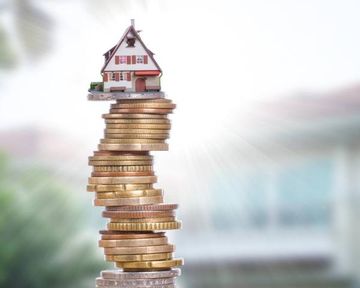3 Tips to set up a budget before you buy a home
One of the best ways to know what you can afford is to set up a budget - which has the added benefit of allowing you to save money in the long run.
Here are our 3 tips to set up your budget:
Set up a spending limit
Write down all your monthly expenses - memberships, subscriptions, groceries, medical aid, education, and loans are just some of the expenditures that you will need to factor in. Subtract that from your income - the number you have left is your expendable income.
Now you can set up a spending limit - for example, you could limit the number of times you get takeaways to once a month with a spending limit of N$500.
Know where to cut back
Do you know how much you are actually spending in a week? Mindless spending on things like readymade meals, daily grocery stops, and items that you don’t actually need can eat away at your disposable income.
Track your spending for a week and make the cuts where it is possible - bring lunch from home, only buy what you really need. Groceries are one of our biggest chunks and with prices climbing ever higher you will need to start shopping smartly and implement a “no food wastage” system at home. Shop around for specials, buy in bulk where possible, and don’t waste the items you do buy. It will save you money in the long run.
Save up for the deposit
Once you know what your spending limit is and where you can cut back, set a goal for how much you want to save each month.
Aim to save that amount every month and if you do have an extra little left at the end of the month, push some of that into your savings account as well. The bigger your deposit, the less you will need to borrow from the bank and the less you will have to pay back once you become a homeowner.
Bonus tip: Learn to live on a budget of a homeowner
Once you are closer to closing the deal on your new home, set up a new budget that takes into account all the costs associated with owning a home. Things like property taxes, municipality fees, maintenance, and the actual repayment amount of your bond. Live within this budget before even signing the offer to purchase. This way you won’t have a shock once you have moved in.

